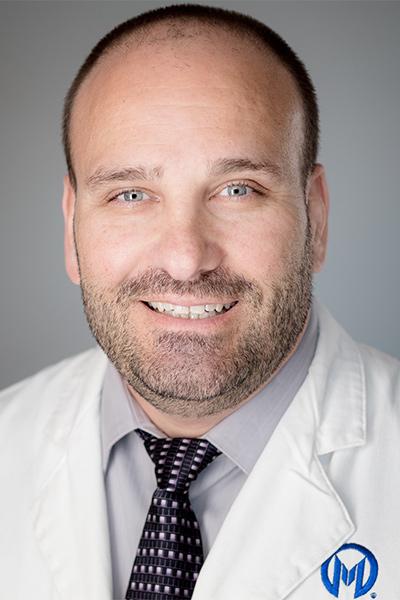
Mark Honor is a nationally certified physician assistant with extensive experience in emergency medicine and oncology. For the past 11 years of his 17-year career, he’s managed the care of people who are having a stem cell transplant, as well as patients receiving other hematology and oncology care. He works at the Moffitt Cancer Center in Tampa, FL, where he won the “Advanced Practice Professional of the Year” award in 2016.
If you have cancer and plan to travel, do these 5 things before you get out your suitcase:
1. Make a doctor’s appointment.
Ask your doctor if there are any specific recommendations or restrictions you should follow while traveling. Your doctor can also make sure that your medications are filled so you don’t run out during your trip. In addition, be sure to double check your doctor’s contact information (PDF) in case another medical professional needs to speak to him or her.
2. Get your medical records.
Many people think hospitals are connected to each other through the internet, but that’s not the case. A new medical facility won’t be able to use its computer to access your medical records elsewhere. Your health information is protected by the Health Insurance Portability and Accountability Act (HIPAA) and can only be obtained from your doctor’s office with your written consent. If you end up in an unfamiliar emergency room at 1 a.m. on a Saturday, it’s unlikely there will be anyone at your doctor’s office to send your medical records. That’s why you should alwaystravel with a copy of them.
At a minimum, bring along these records: a list of your current and past cancer treatments, a copy of an electrocardiogram (EKG), notes on your most recent doctor’s visit, and a list of current medications. You might want to use a mobile application that can help you keep track of your medical history, such as Cancer.Net’s mobile app. You can also use a doctor-approved paper form (PDF) or your treatment summary.
Make sure a family member has a copy of your medical records as well. List that person’s name and phone number under ICE (In Case of Emergency) in your cell phone. Many phones allow you to make your ICE contact visible even when your phone is password-protected.
3. Review your medications.
In order to help you, doctors in a new place need to know as much about your treatment plan and condition as possible. Whenever possible, travel with your original prescription bottles that have the medication name, prescribed dosage, pharmacy information, and your doctor’s name.
If you take opioids—also known as narcotics—for pain, make sure that you have enough with you and that you have the prescription information. Most emergency room doctors won’t give narcotic refills to anyone, let alone travelers.
You should also be able to clearly explain any medication allergies. An allergy means you know that a medication can cause you to have a rash, hives, shortness of breath, or a life-threatening event. It’s a good idea to wear medical alert jewelry that describes any allergies you may have, particularly while traveling.
4. Find the manufacturer’s card for your implantable medical device.
If you have an implantable device—such as a pacemaker, insulin pump, pain medication pump, spinal stimulator, chemotherapy port, or hip replacement—make sure you carry the manufacturer’s card on you. Sometimes called a medical device card, it was given to you at the hospital when the device was placed inside your body. The card includes important information about your device that a health care professional may need to know. It can also help you get through airport security screening in the safest and least intrusive way possible.
5. Learn how to protect yourself from infection.
Being in close quarters with other travelers, such as on an airplane, makes it easier to be exposed to infection-causing germs. If your immune system is weak from illness, chemotherapy, or other medications or cancer treatment, consider wearing an N95 medical mask. The mask provides strong protection against airborne viruses and bacteria. Other types of masks may protect your fellow travelers from you, but they won’t protect you from them. The masks are good for 1 trip and are disposable.
Another important way to prevent infections while traveling is to eat out cautiously. Just say no to buffets, raw fish or meat, and uncooked vegetables.
